
One Nation’s chances as a dominant conservative party are piñata-like
Posted on 11 Feb 2026
Opinions polls insist Pauline Hanson's fortunes are on the rise, but it is likely that enthusiasm…
Posted on 20 Nov 2024
By David Crosbie

Sharing stories of positive change is the key to demonstrating the value of connecting rather than dividing our communities says Community Council for Australia CEO David Crosbie.
I’m not sure about others, but things seem to get a little harder this time of year.
It’s the final push towards the end of the year when work commitments can reach a crescendo prior to the late December slow down.
The busy yet tired mood amongst my colleagues hasn’t been helped by the election result in the US. Most people I talk to are both disappointed and over it all. I was reminded of the now often cited quote from Carl Sagan writing in The Demon Haunted World, 1995.
“I have a foreboding of an America in my children's or grandchildren's time – when the United States is a service and information economy; when nearly all the manufacturing industries have slipped away to other countries; when awesome technological powers are in the hands of a very few, and no one representing the public interest can even grasp the issues; when the people have lost the ability to set their own agendas or knowledgeably question those in authority; when, clutching our crystals and nervously consulting our horoscopes, our critical faculties in decline, unable to distinguish between what feels good and what's true, we slide, almost without noticing, back into superstition and darkness...”
There is an endless analysis still playing out in the media. Listening to the ‘experts’, apparently the election of the President who tells us he didn’t lose the 2020 election can be attributed to all manner of things: the triumph of small man regressive masculinity, racism, sexism, Biden’s arrogance in not letting go, Latinos, young men, clever use of podcasts, weaponizing social media, loss of the working class by an arrogant democratic party supported by ‘A’ list celebrities. The list of factors is seemingly endless.
For what it’s worth, my superficial take is that oppositions don’t win elections, governments lose them.
When a country experiences significant increases in the cost of food and housing, the sitting government needs to demonstrate they’re doing what should be done to improve the economy and the wellbeing of people and communities.
And when a strong anti-government opposition candidate is talking about how the true nationals have gone backwards while unworthy migrants have flooded the country causing all kinds of problems, the sitting government needs to be able to explain how its approach to migration ensures everyone can do better in the future.
The Biden administration had done a pretty good job in the circumstances it inherited post Covid, but it failed to effectively convey that message – for a whole range of reasons. They were not a popular government. And the fact that the opposition is led by a criminal misogynist tends to fall away if people think a different government will improve their lives and rid them of a bad government that’s made them poorer.
"Every time we tell a real story about real people who changed people’s lives for the better, we weaken those seeking to impose self-serving motives upon us."
This week I was also reminded about potholes and climate change.
The story goes that an environment group in Britain called Round Our Way attracted huge media and public attention by highlighting how climate change was causing increased potholes on British roads.
According to their Director Roger Harding, "Loads of people wanted to talk about that and we could highlight that and talk about flooding and other things. So, climate change comes at the end of the sentence rather than the beginning. I think that’s our best shot at making it engaging."
I probably overuse the word engagement, but to me engagement is the antidote to darkness and foolishness. Engagement is about listening and empowering people, creating buy-in both emotionally and in shared goals.

Much of the work done across the charities and not-for-profit sector is grounded in positive engagement to make a tangible difference in people’s lives. Unfortunately, our stories of change often remain untold, buried in activity measures, some for good reason.
The US election and the power of focusing on potholes as a way of building support for climate change measures both highlight how much telling stories of engagement and change needs to be part of our work.
As the US focuses more on itself, the world will continue to move forward in a generally agreed endeavour to create a safer and more sustainable planet with less hunger, war, and disease.
Facts may be challenged by insecure people who see drag queens as more dangerous than AR15s.
Truth may be dismissed by ignorant people who see their purpose in life fulfilled if they can ‘drill baby drill.’
Good does not always triumph over evil - even in our fairytales.
However, every time we tell a real story about real people who changed people’s lives for the better, we weaken those seeking to impose self-serving motives upon us.
Every time we build stronger connections within and beyond our community, we make the lies and misrepresentations less believable.
When we show how people who have lost everything can be supported to create opportunity and hope, we negate the capacity to blame others for what we feel we are missing out on.
Australia isn’t immune from the kind of anti-government anti-migrant sentiment that has played out in the US, but I would hope our sector is stronger and more capable of providing an alternative narrative of collective strength.
We can both begin and end the narrative of stronger communities by telling rich human stories about how we engage people and communities and walk with them to overcome the very real potholes in their lives.
And with each story we tell, we contribute to a chorus of strength and capability, a movement that can galvanize us to achieve the kind of Australia we want to live in.
As we head towards the end of 2024 and the start of another election year in Australia, it will be an important time for our sector and the people we serve.
Our challenge is to continue to find the energy we need to drive change, tell our stories, and demonstrate the value of connecting rather than dividing our communities.
David Crosbie has been CEO of the Community Council for Australia for the past decade and has spent more than a quarter of a century leading significant not-for-profit organisations, including the Mental Health Council of Australia, the Alcohol and Other Drugs Council of Australia, and Odyssey House Victoria.
We're proud to take a stand on progressive issues. Here's a taste of our commentary.

Posted on 11 Feb 2026
Opinions polls insist Pauline Hanson's fortunes are on the rise, but it is likely that enthusiasm…

Posted on 28 Jan 2026
This year’s Adelaide Writers’ Week began with the cancellation of a talk by Palestinian-Australian…

Posted on 17 Dec 2025
Posturing by the US president about Europe's immigration policies, even warnings of future…
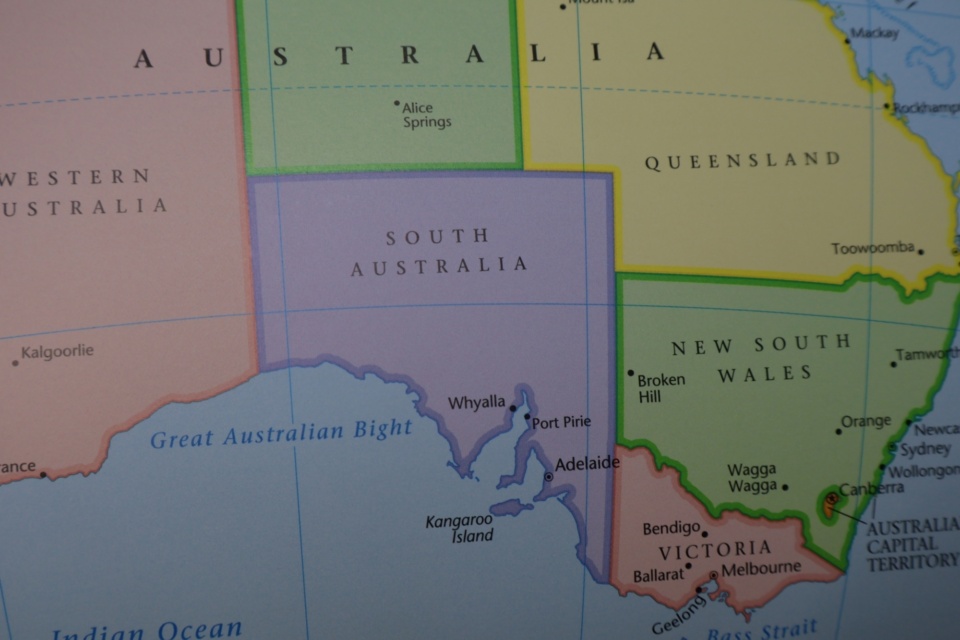
Posted on 03 Dec 2025
If you wanted an example of the problems inherent in federal systems, you couldn’t do better than…
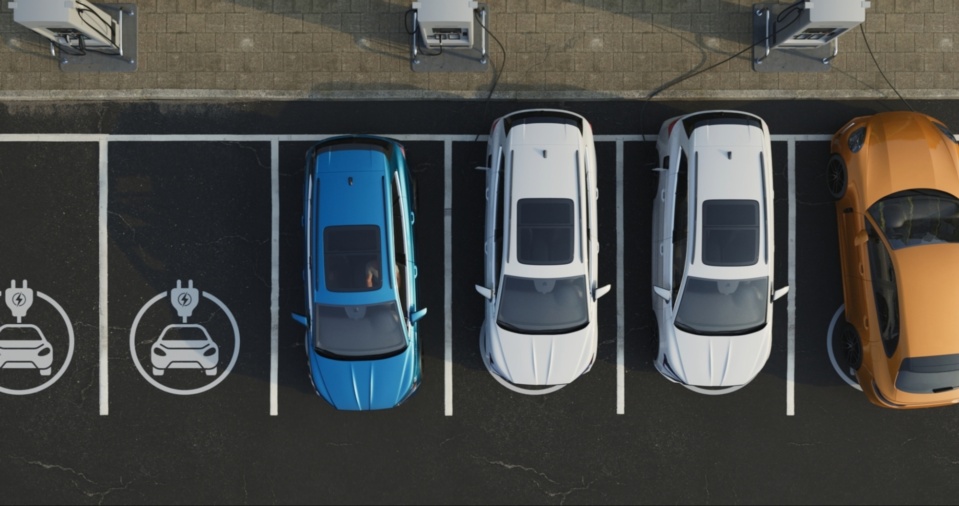
Posted on 19 Nov 2025
When it comes to loyalty to car brands, it can be confusing who we should support, and, even more…
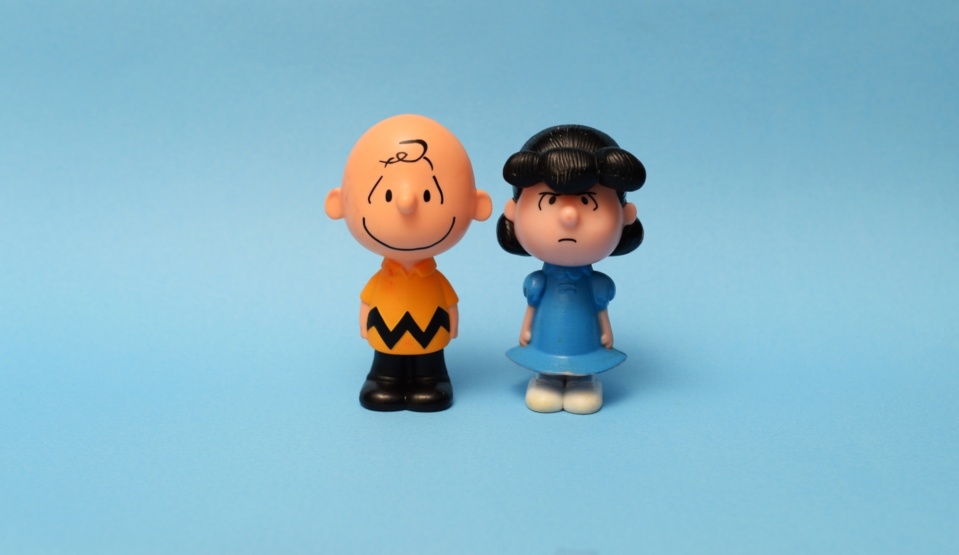
Posted on 05 Nov 2025
Before the Prime Minister gets too excited about his recent meeting with the American President, he…

Posted on 14 Oct 2025
The idea of "long term" is not something that sits well in the social media era, yet governments…

Posted on 30 Sep 2025
I am proud of what Our Community, and its exceptional team, have achieved in the past 25 years. As…
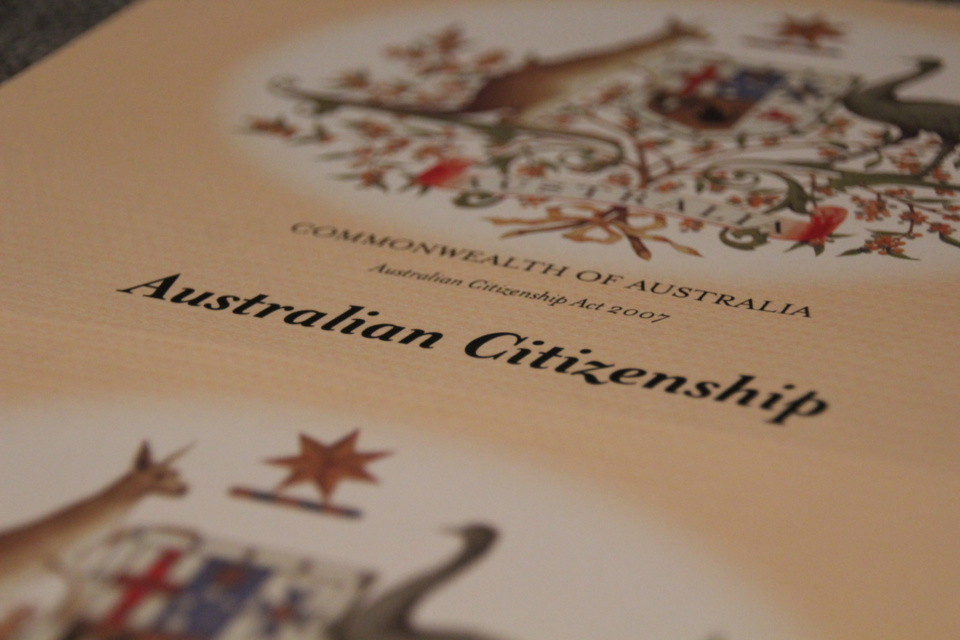
Posted on 16 Sep 2025
Happy Australian Citizenship Day! To mark the occasion, Our Community leader Denis Moriarty takes…

Posted on 02 Sep 2025
Words live, evolve, and sometimes die. Some words are invented from scratch, some are old words…
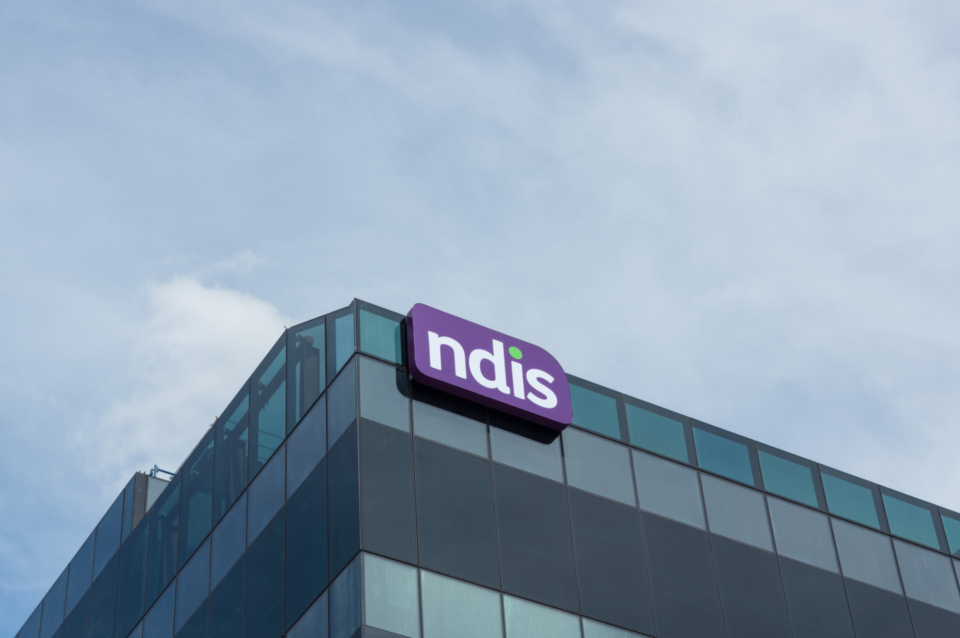
Posted on 26 Aug 2025
The cost of the National Disability Insurance Scheme (NDIS) is climbing relentlessly – $44 billion…

Posted on 04 Aug 2025
The new leader of the Liberal Party, Sussan Ley, wants to increase the proportion of women…